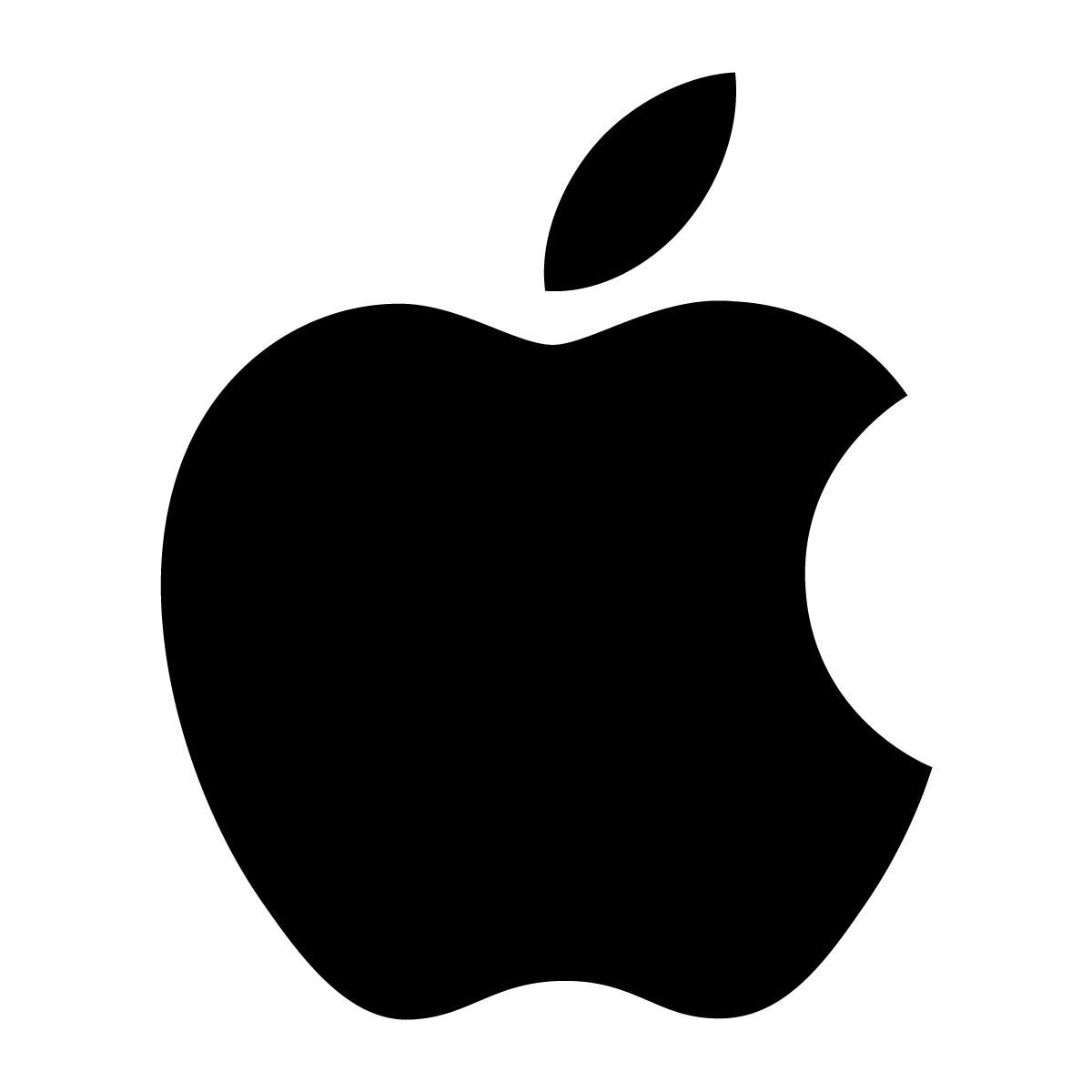IPv6 is being more and more adopted, in part to facilitate the millions of smart devices that have already been installed at home. Unfortunately, we find that the privacy of a substantial fraction of end-users is still at risk, despite the efforts by ISPs and electronic vendors to improve end-user security, e.g., by adopting prefix rotation and IPv6 privacy extensions. By analyzing passive data from a large ISP, we find that around 19% of end-users' privacy can be at risk. When we investigate the root causes, we notice that a single device at home that encodes its MAC address into the IPv6 address can be utilized as a tracking identifier for the entire end-user prefix -- even if other devices use IPv6 privacy extensions. Our results show that IoT devices contribute the most to this privacy leakage and, to a lesser extent, personal computers and mobile devices. To our surprise, some of the most popular IoT manufacturers have not yet adopted privacy extensions that could otherwise mitigate this privacy risk. Finally, we show that third-party providers, e.g., hypergiants, can track up to 17% of subscriber lines in our study.
翻译:IPv6越来越被采纳,部分是为了便利数以百万计已经安装在家里的智能设备。 不幸的是,我们发现相当一部分终端用户的隐私仍然处于危险之中,尽管ISP和电子供应商努力改善终端用户的安全,例如采用前缀旋转和IPv6隐私扩展。通过分析大型ISP的被动数据,我们发现大约19%的终端用户的隐私可能处于危险之中。当我们调查其根本原因时,我们注意到,一个将MAC地址编码到IPv6地址的家用单一设备可以用作整个终端用户前缀的跟踪识别器 -- -- 即使其他设备使用IPv6隐私扩展。我们的结果显示,IoT设备对隐私泄漏贡献最大,在较小程度上,个人计算机和移动设备。我们惊讶的是,一些最受欢迎的IoT制造商尚未采用可以降低这种隐私风险的隐私扩展。最后,我们显示第三方供应商,例如,超级天使,可以在研究中追踪到17 %的用户线路。
相关内容
- Today (iOS and OS X): widgets for the Today view of Notification Center
- Share (iOS and OS X): post content to web services or share content with others
- Actions (iOS and OS X): app extensions to view or manipulate inside another app
- Photo Editing (iOS): edit a photo or video in Apple's Photos app with extensions from a third-party apps
- Finder Sync (OS X): remote file storage in the Finder with support for Finder content annotation
- Storage Provider (iOS): an interface between files inside an app and other apps on a user's device
- Custom Keyboard (iOS): system-wide alternative keyboards
Source: iOS 8 Extensions: Apple’s Plan for a Powerful App Ecosystem




